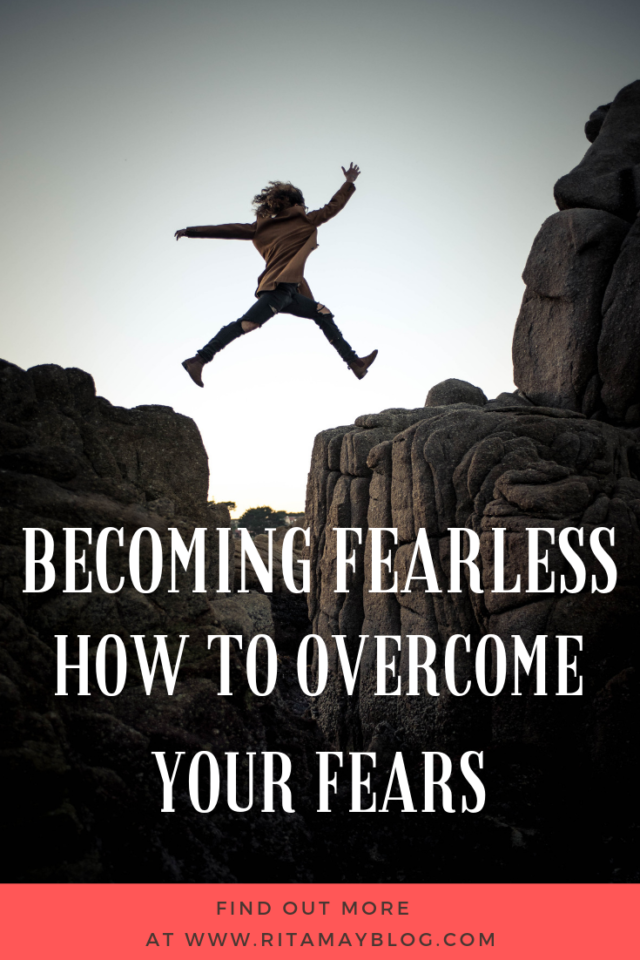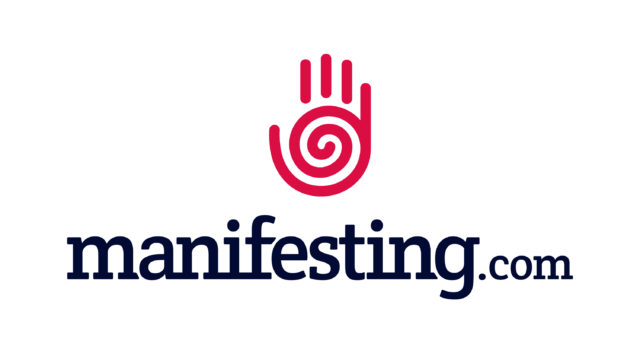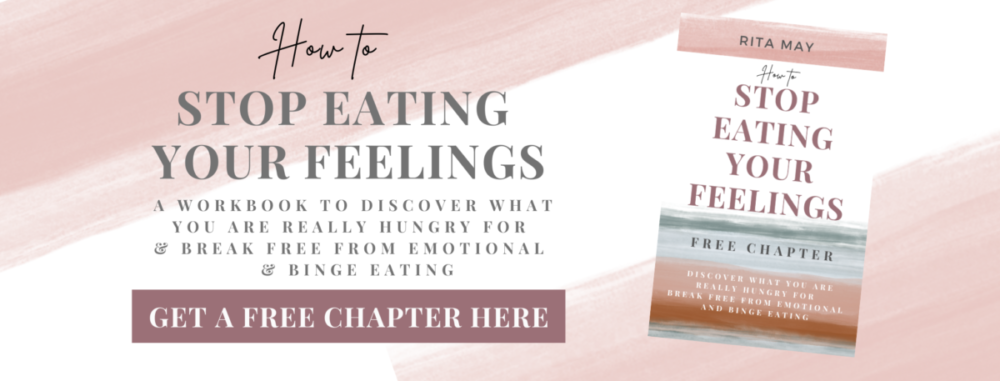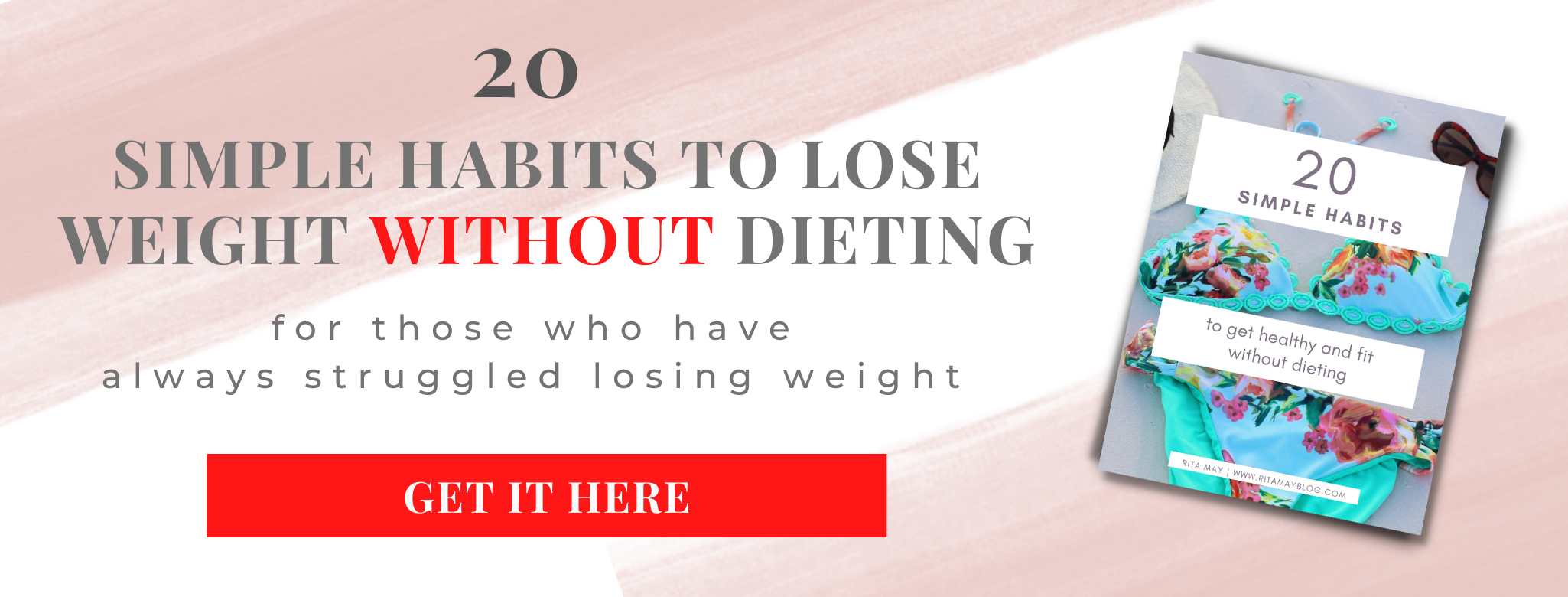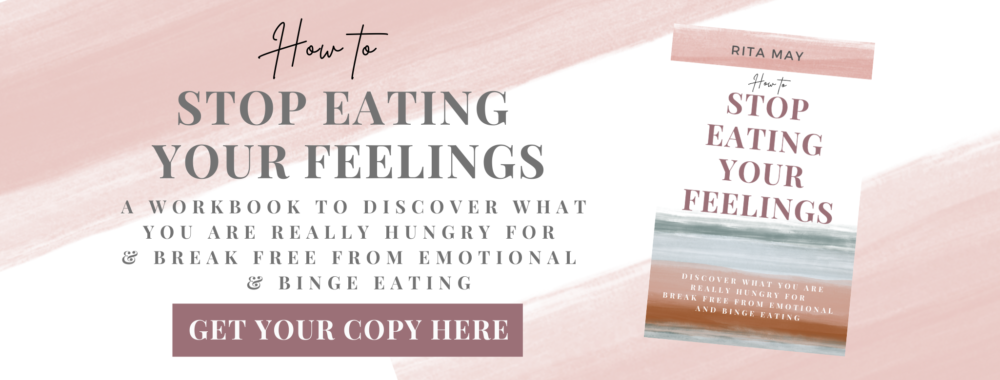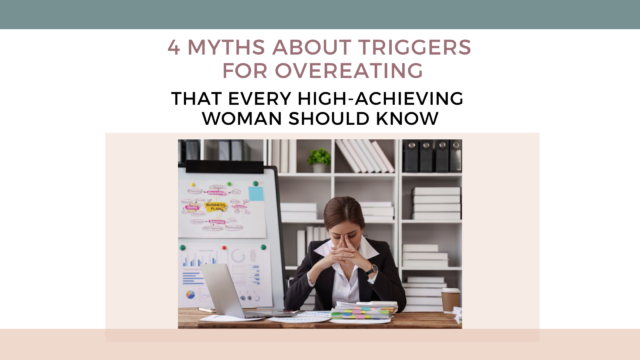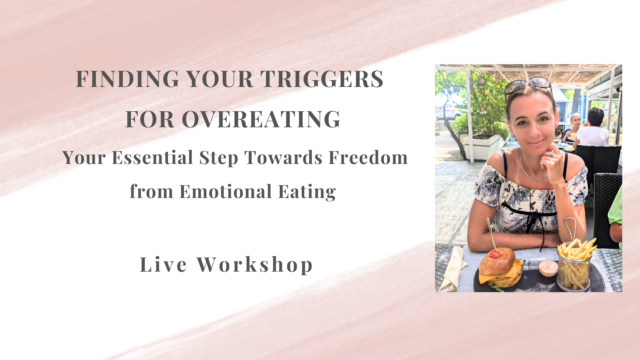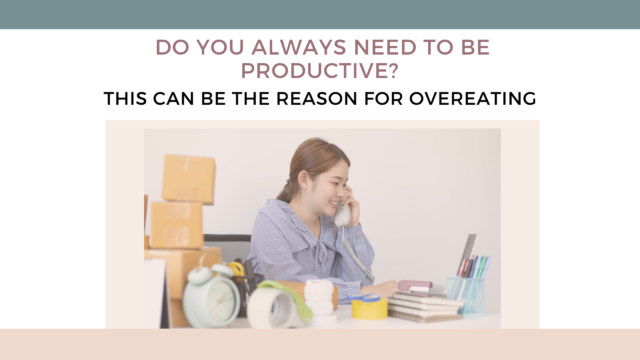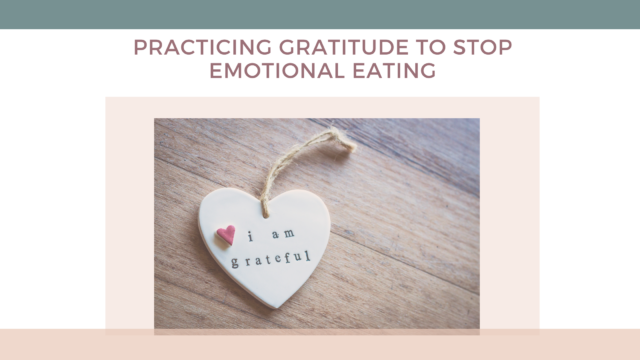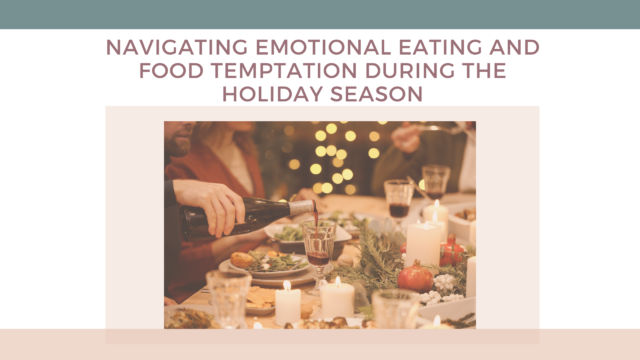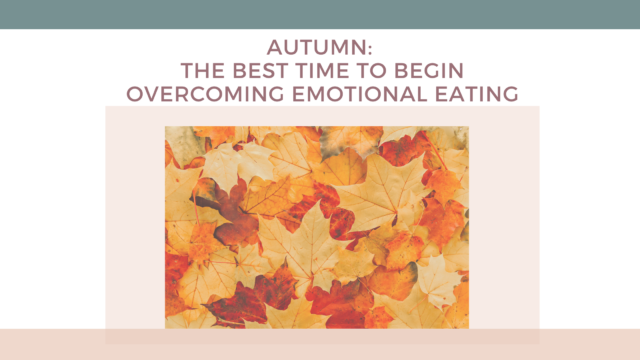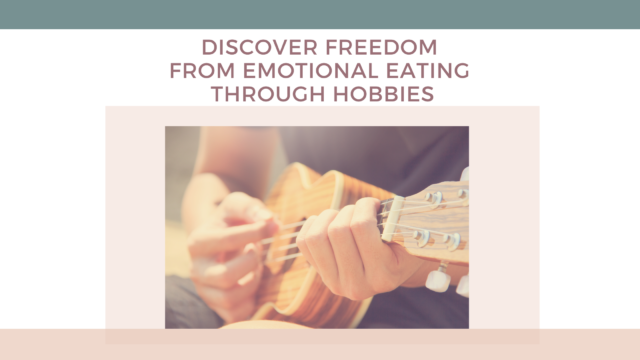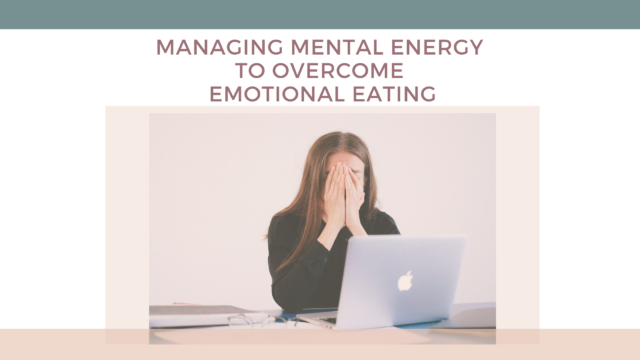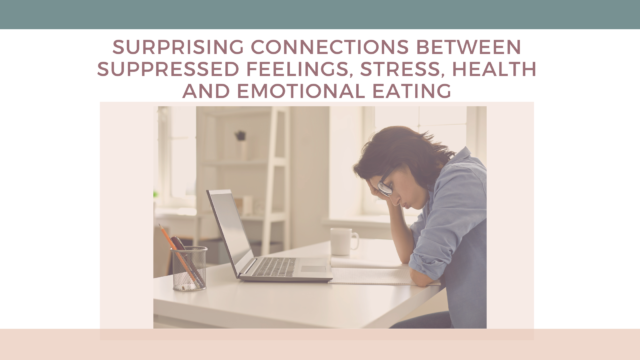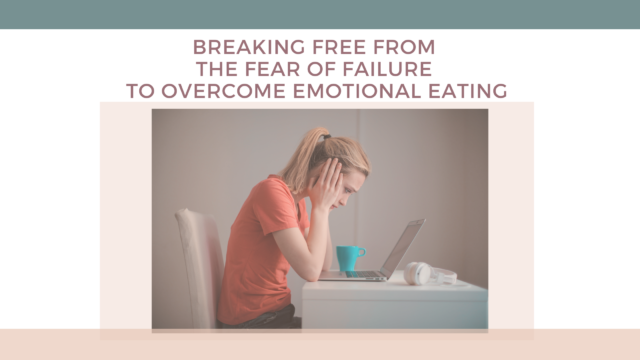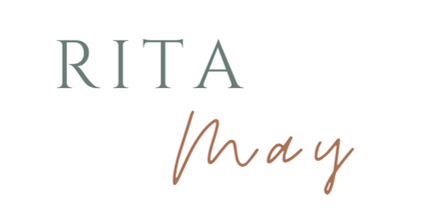Are you Fearless?
Are you fearless? When it comes to facing your fears how daring are you? Do you turn in the opposite direction? Do you tremble and hope the feeling passes? Or, do you stand firm and always face your fears head-on?
Life offers plenty of everyday opportunities for us to face our fears. Whether it’s asking your crush out on a date, speaking in public, or asking for a raise, no fear is too big or too small to challenge – and we all have within us the potential to be fearless.
Dread, tension, difficulty breathing, rapid heartbeat, sweating, racing thoughts, and ‘butterflies’ are just a few of the feelings we associate with fear.
It’s no wonder so many of us choose, one way or another, to sidestep our fears. After all, who wants to feel those uncomfortable feelings?
But…
What if your fears aren’t designed to scare you?
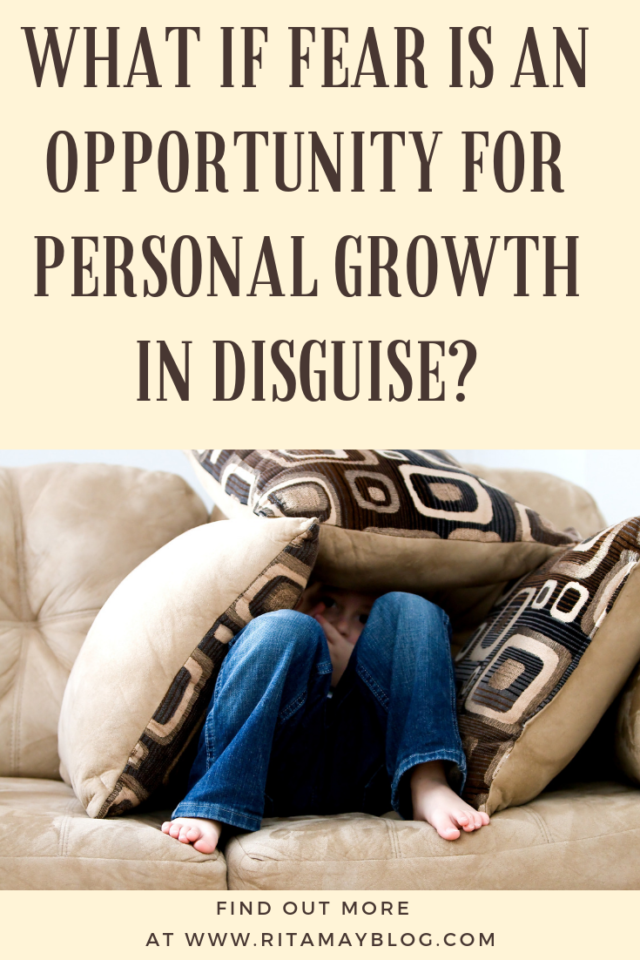
What if your fears were a doorway into new and exciting prospects? What if fear is an opportunity for personal growth in disguise?
“Don’t be afraid of your fears. They’re not there to scare you. They’re there to let you know that something is worth it.” C. JoyBell C.
Picture what your life would look like if you consistently faced off against your fears, both big and small. What would it feel like to boldly confront your fears, never letting them interfere with what you want to accomplish? Imagine what you could achieve if you never again let fear get in your way.
Before my first presentation at an international conference, I subconsciously manifested fever for myself and I was sick. As I kept telling myself „I don’t want to go“, my brain made me „ill“ to be able to stay home. Our brain always tries to protect us from pain, that’s why we like to stay in our comfort zone.
But I’m stubborn and went to that conference regardless of my fever and everything went fine. So over time, I learned that I can do tough things and my confidence has grown. Giving a talk doesn’t make me anxious anymore, I have learned to conquer that fear. (I still have some other fears though :-))
The first step to becoming more fearless begins with understanding fear – what it is, what scares us (and why), and how fear holds us back from living a full and fulfilling life. Once we gain some insight into our fears, we can become much more fearless.

What is Fear?
There are two types of fear responses: biochemical and emotional.
Biochemical Fear
Biochemical Fear is a natural emotion resulting from a perceived threat and is designed to make us more alert and responsive as a way to survive. When this happens our bodies respond in specific ways such as sweating, increased heart rate, increased awareness, and high adrenaline levels. This state of fear is often referred to as a “fight or flight” response.
Emotional Fear
Because fear involves some of the same chemical responses in our brains similar to happiness and excitement, feeling fear under certain circumstances can be seen as fun. For example, the fears you experience with watching a scary movie, riding on a roller coaster, or venturing into extreme sports, create emotional fear.
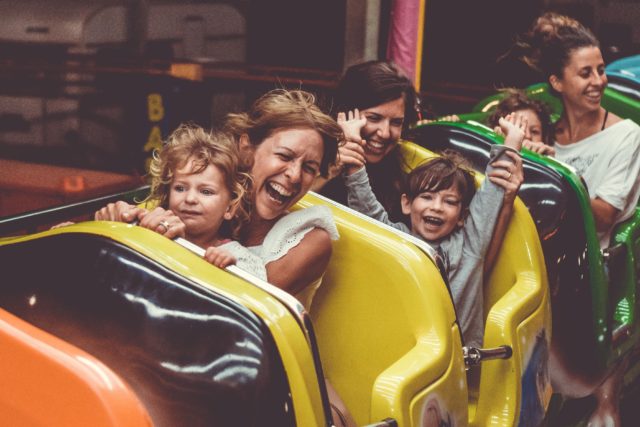
Some people like emotional fear, however, there are others who don’t and they try to avoid fear-inducing situations wherever possible. Look at the photo, the little boy really enjoys the ride, while the little girl at the front does not so much 🙂
What are we afraid of?
Public speaking, flying, and death are often touted as the things we fear the most and, while those fears are real, our dread goes much deeper and wider.
According to The Chapman University Survey on American Fears, our biggest fears of 2023 included
Corrupt government officials 60.1%
Economic/financial collapse 54.7%
Russia using nuclear weapons 52.5%
The US becoming involved in another World War 52.3%
People I love becoming seriously ill 50.6%
People I love dying 50.4%
Pollution of drinking water 50.0%
Biological warfare 49.5%
Cyber-terrorism 49.3%
Not having enough money for the future 48.0%
Fears that didn’t crack the top 10? Public speaking, death and flying.
The survey also suggests more people than ever are afraid, and fear, in general, is on the rise. All this dread is having a significant negative impact on our lives.
For example, fear can make us hesitate, procrastinate, experience creative blocks, and be averse to risk, all of which can lead to low accomplishment.
That can cause stress.
That stress can lead to cognitive impairment, an increased risk of heart disease, premature ageing, relationship conflicts, depression, and more – and a cycle of fear is born.
“My life has been filled with terrible misfortune most of which never happened.”
Michel de Montaigne
Putting Your Fears into Perspective
But facing our fears doesn’t have to be scary. Luckily, you have within you the power to overcome your fears and embrace the happiness you deserve, right here, right now.
But how you may ask? Let’s take a look.
The remedy for our childhood fear of monsters lurking under the bed was to shine a light into the darkness. Once we did, it revealed the truth – there were no monsters. Once we shine the light of truth on what scares us, we often discover our fears to be unfounded.
It’s human nature to worry. However, research has shown that 85% of what you worry about never actually happens.
Let that sink in for a moment –
MOST OF YOUR FEARS NEVER COME TRUE!
The same research reveals that, when misfortune did occur, people found they usually handled the situation better than expected. Not only that, they learned something valuable from their ‘misfortune’, oftentimes even feeling as though the fear was worse than the actual situation.
Let’s take a moment to recap: we all experience fear, most of your fears will never materialize and, if they do, chances are it won’t be as bad as you imagine, and you will handle it better while learning something useful along the way. Sounds like a win-win-win proposition, doesn’t it?
How to Become Fearless
But what can I do to be more fearless, you may ask?
Being fearless isn’t about the absence of fear. Being fearless is facing the things in life that scare you, in spite of the sweaty palms and racing heartbeat. Being fearless is realizing that what you want is more important than any fear you have of achieving it. Remember my first conference talk? I did it even though I was terrified.
Fearless is falling in love again after being brokenhearted. Fearless is leaving a successful career for an uncertain opportunity. Fearless is standing by someone who’s disappointed you in the past. Fearless is falling down and getting back up again (and again).
“I’ve been absolutely terrified every minute of my life—and I’ve never let it keep me from doing a single thing I wanted to do.” Georgia O’Keeffe
Ready to get started on the path to a more fearless you?
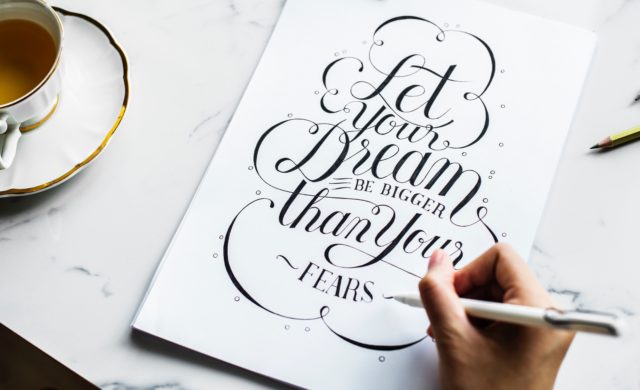
Then check out these tips:
Own your fear
Psychologist Carl Jung said, “What you resist not only persists, but will grow in size.” So it goes with fear, as well; resisting fear expands it. You become fearless by embracing your vulnerability, not by avoiding it.
Isn’t it time you stopped running and faced your imaginary monsters?

Reshape your fear
Are you a habitual ‘catastrophizer’, always assuming the worst will happen? Having an active imagination can fuel our concerns, instead of suppressing them. Our brains often overestimate our fears while underestimating our ability to manage them. The next time you’re feeling afraid, instead of imagining the worst outcome, ask yourself what’s the BEST thing that can happen, and use your imagination to explore that scenario.
But if you still prefer dwelling on the worst-case scenario, just imagine what could that be. What is the worst thing that can happen? Then create a backup plan for that situation. This way you reassure your brain that even if something goes wrong you will be able to handle it.
“Everything you want is on the other side of fear.” Jack Canfield
Take a risk
Playing it safe often feels like a low-risk proposition, but what if the opposite is true? What if your playing it safe is actually a high-risk approach? When asked what they regret most, people on their deathbeds usually lament the risks they never took, not the ones they tackled.
Build your courage muscle
If you’ve ever started a new exercise habit you know that building muscle requires starting slow and working your way up. Developing courage is like building a muscle. Show up, start slow, practice your form, and do the repetitions. Your fearless ‘muscles’ may be sore at first, but once fearlessness becomes a habit for ‘the small stuff’ you encounter, taking more courageous steps for the bigger challenges gets easier too.
“My five decades of breaking records through taking risks have convinced me that successful control of your own mind gives you the best chance of winning the battle.”
Sir Ranulph Fiennes
Use self-hypnosis
Hypnosis works by guiding you into a state of relaxation. It lets you shut out the outside world so you can bring your attention to a specific problem in your life. You can either visit a hypnotherapist or download reputable hypnosis recordings (MP3s).
Hypnosis takes advantage of the fact that our imaginations are so vivid and limitless. It helps us work through scenarios in safety and security, away from the things we fear, using the power of suggestion to change the way we think. By replacing old and outdated beliefs with new and positive ones, it’s possible to eliminate the fear and all those associated reactions from our lives for good.
Hypnosis is painless, non-invasive, and has no unpleasant side effects. In most cases you’ll simply feel like you’ve had a bit of a rest, coming back to your normal wakeful state feeling refreshed and relaxed.
To try out hypnotherapy to eliminate your fear download the following MP3 from Hypnosis Live:
Develop Inner Courage, Bring Out Your Bravery with Hypnosis
You simply download the session, plug in your headphones, and listen. The recording is designed to do the same job as a hypnotherapist.
I absolutely love the Hypnosis MP3s from Hypnosis Live and highly recommend them. This is an affiliate link but my opinion is completely unbiased.
What to do now to become fearless? Final thoughts
When it comes right down to it, we really don’t have much control over the good and bad things that happen to us. Two critical things we do have control over are our mindset and our responses to our circumstances.
Think of a fear you’re facing (or avoiding) right now. Ask yourself, what would your life look like if you decided to face that fear, head on? What would it feel like if you showed courage – even a little bit? The courage to take a risk. The courage to be your true self. The courage to love others. The courage to love yourself.
When you decide to take the initiative to confront your fears you’ll discover that the universe is in your corner. Will it be easy? No. Will you face obstacles? Yes. Will you make mistakes? Yes.
But remember, your dreams aren’t meant to collect dust on a shelf or, more heartbreakingly, to be taken with you to your grave.
What it takes to break through your fears and become fearless – you’ve got that within you. You’ve got courage in you. You’ve got creativity in you. You’ve got goodness in you. So what are you afraid of?

If you liked this post please share it 🙂 Maybe someone else also needs some inspiration to become fearless.
